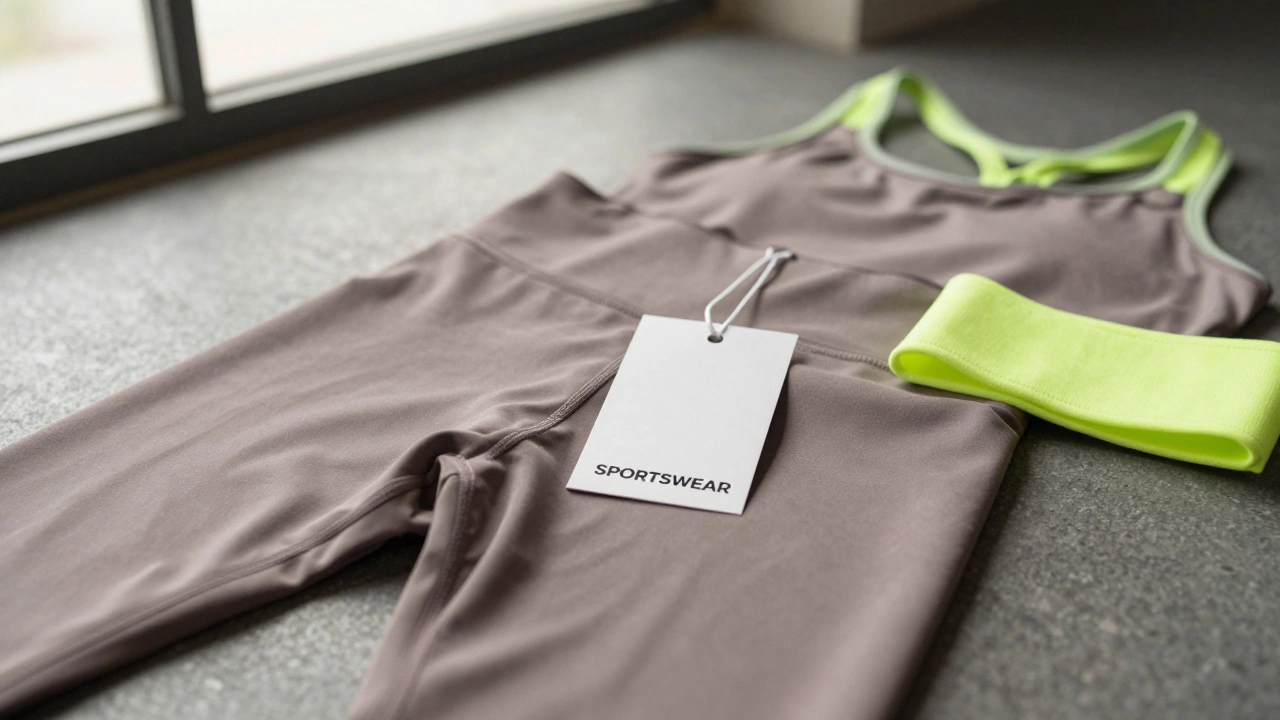Spelling Differences Between British and American English
Ever wonder why you see "colour" in a UK shop but "color" on an American website? The answer is simple: both spellings are correct, they just belong to different versions of English. Knowing which one to use can save you from looking sloppy in emails, blog posts, or product listings. Below are the most common differences and a quick way to decide which spelling fits your audience.
Core Rules to Spot the Change
British English tends to keep the extra letters that were in the original Latin or French words. American English often drops them to make the word shorter. Here are the three patterns you’ll see the most:
- -our vs -or: colour, favourite, honour become color, favorite, honor.
- -re vs -er: centre, metre, theatre become center, meter, theater.
- -ise vs -ize: organise, realise, recognise become organize, realize, recognize. (Both spellings are accepted in the US, but -ize is more common.)
When you’re unsure, just check the ending. If it matches one of those three rules, you’ve probably got the right version for the target region.
Everyday Words That Cause Confusion
Some words aren’t covered by the basic rules but still differ. Below are a handful that pop up a lot in fashion and lifestyle writing – the exact niche of our tag page.
- Pajamas vs pyjamas: In the UK you’ll see "pyjamas" with a "y"; in the US it’s "pajamas".
- Trainer vs sneaker: Brits call the sport shoe a "trainer" while Americans say "sneaker".
- Aluminum vs aluminium: The US drops the extra "i".
- Plough vs plow: The UK version keeps the "gh".
- Program vs programme: "Program" is universal for computers; "programme" is used for TV or events in the UK.
These examples appear in many of our articles, like the piece on British pajamas spelling and the guide to why Brits call sneakers "trainers". Spotting them early helps you write with confidence.
If you write for an international audience, the safest bet is to pick one style and stay consistent. Most readers won’t mind the variation, but mixing the two in a single article can look careless. Use a spell‑checker set to the right locale, or keep a quick cheat‑sheet handy.
In a nutshell, British spelling adds letters that reflect the word’s history, while American spelling trims them for speed. Knowing the three main patterns and a handful of irregular words lets you navigate the differences without a headache. Apply these tips to your product descriptions, blog posts, and social media captions, and you’ll sound polished no matter where your readers live.
-
Is Sportswear One Word? The Simple Truth Behind the Spelling
Sportswear is one word - not two. Learn why this compound term became standard in fashion, retail, and online search, and how to avoid common spelling mistakes.
-
Is Sportswear One Word or Two? Let's Clear the Confusion.
Ever wondered if 'sportswear' is one word or two? This article dives into the spelling debate, providing clarity and useful tips. Discover why 'sportswear' is typically considered one word and understand the nuances of its usage in different contexts. Learn how language evolves and how this affects word formation. Perfect for anyone curious about language, grammar, and the world of sporty attire.

